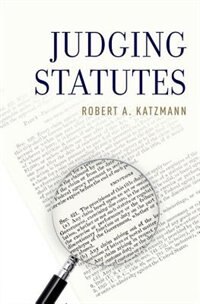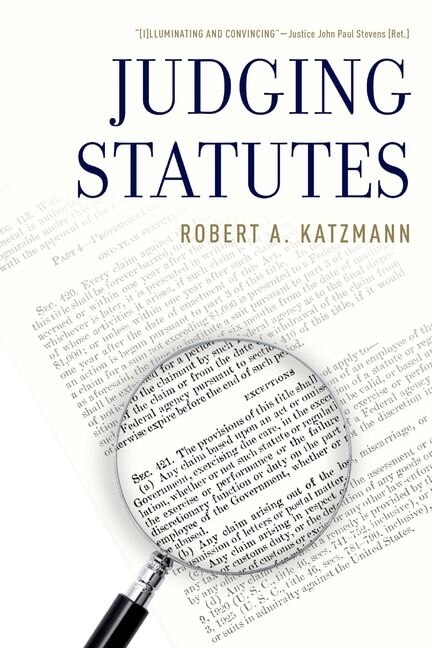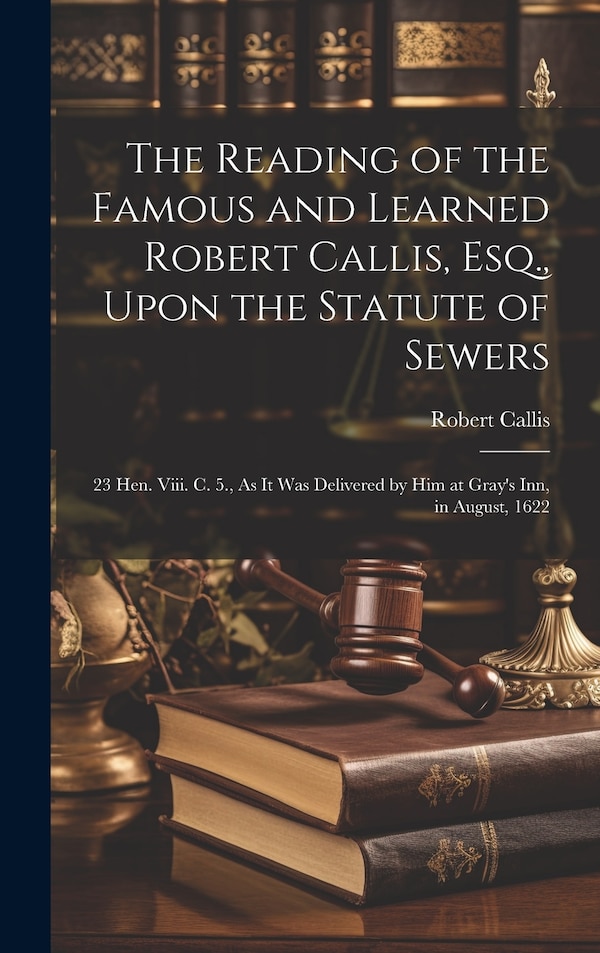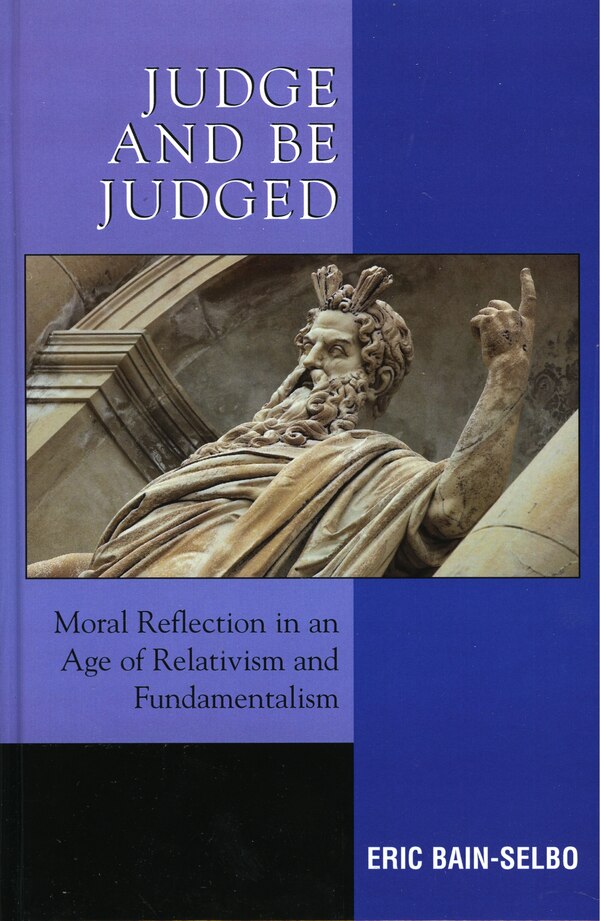
Choice Made Simple!
Too many options?Click below to purchase an online gift card that can be used at participating retailers in Village Green Shopping Centre and continue your shopping IN CENTRE!Purchase HereHome
Judging Statutes by Robert Katzmann, Hardcover | Indigo Chapters
Coles
Loading Inventory...
Judging Statutes by Robert Katzmann, Hardcover | Indigo Chapters in Vernon, BC
From Robert Katzmann
Current price: $44.27

Coles
Judging Statutes by Robert Katzmann, Hardcover | Indigo Chapters in Vernon, BC
From Robert Katzmann
Current price: $44.27
Loading Inventory...
Size: 1 x 8.25 x 300
*Product information may vary - to confirm product availability, pricing, shipping and return information please contact Coles
In an ideal world, the laws of Congress - called federal statutes - would always be clearly worded and easily-understood by the judges and courts tasked with interpreting and enforcing them. Luckily, many statutes are clearly written, and the meaning is obvious - you have to be 21 in moststates to purchase alcohol, and no younger. Other laws, though, are worded ambiguously or even contradictorily, requiring the judge to divine their meaning. Should courts understand convicted in any court to include any court in the world, or simply any court in the United States? To what degree, if any, should judges consult aids beyond the statutes themselves, including legislative materials, when interpreting laws? Are the intentions of lawmakers in writing laws relevant, or should judges strictly adhere to the final wording of the statutes on the books?There has been a spirited debate over what constitutes acceptable interpretation of federal statutes by judges since the founding of the nation, but particularly in the last twenty-five years. Some, such as Supreme Court Justice Antonin Scalia, believe courts should look to the language of thestatute and virtually nothing else. Chief Judge Robert A. Katzmann of the U. S. Court of Appeals for the Second Circuit respectfully disagrees. In Judging Statutes, Judge Katzmann argues that our constitutional system charges Congress with enacting laws; so, how Congress makes its purposes knownthrough both the laws themselves and reliable accompanying materials should be respected. He contends that when courts interpret the laws of Congress, they should pay greater attention to how Congress actually functions, how lawmakers signal their meaning in statutes, and what they expect from thoseinterpreting its laws. The legislative record behind a bill is in truth its foundation, and therefore demands consideration. Judge Katzmann begins his argument with a look at how the American government works, including how, exactly, laws come to be and how various agencies construe legislation. He then explains the judicial process of interpreting and applying these laws through the demonstration of two interpretativeapproaches, purposivism - that is, focusing on the purpose of a law - and textualism - that is, focusing on the text of the written law itself. He draws from his personal experience in the U. S. Court of Appeals in showing how this process plays out in the real world, and concludes with somesuggestions to promote understanding between the courts and Congress. | Judging Statutes by Robert Katzmann, Hardcover | Indigo Chapters
In an ideal world, the laws of Congress - called federal statutes - would always be clearly worded and easily-understood by the judges and courts tasked with interpreting and enforcing them. Luckily, many statutes are clearly written, and the meaning is obvious - you have to be 21 in moststates to purchase alcohol, and no younger. Other laws, though, are worded ambiguously or even contradictorily, requiring the judge to divine their meaning. Should courts understand convicted in any court to include any court in the world, or simply any court in the United States? To what degree, if any, should judges consult aids beyond the statutes themselves, including legislative materials, when interpreting laws? Are the intentions of lawmakers in writing laws relevant, or should judges strictly adhere to the final wording of the statutes on the books?There has been a spirited debate over what constitutes acceptable interpretation of federal statutes by judges since the founding of the nation, but particularly in the last twenty-five years. Some, such as Supreme Court Justice Antonin Scalia, believe courts should look to the language of thestatute and virtually nothing else. Chief Judge Robert A. Katzmann of the U. S. Court of Appeals for the Second Circuit respectfully disagrees. In Judging Statutes, Judge Katzmann argues that our constitutional system charges Congress with enacting laws; so, how Congress makes its purposes knownthrough both the laws themselves and reliable accompanying materials should be respected. He contends that when courts interpret the laws of Congress, they should pay greater attention to how Congress actually functions, how lawmakers signal their meaning in statutes, and what they expect from thoseinterpreting its laws. The legislative record behind a bill is in truth its foundation, and therefore demands consideration. Judge Katzmann begins his argument with a look at how the American government works, including how, exactly, laws come to be and how various agencies construe legislation. He then explains the judicial process of interpreting and applying these laws through the demonstration of two interpretativeapproaches, purposivism - that is, focusing on the purpose of a law - and textualism - that is, focusing on the text of the written law itself. He draws from his personal experience in the U. S. Court of Appeals in showing how this process plays out in the real world, and concludes with somesuggestions to promote understanding between the courts and Congress. | Judging Statutes by Robert Katzmann, Hardcover | Indigo Chapters


















